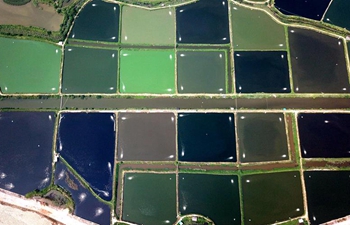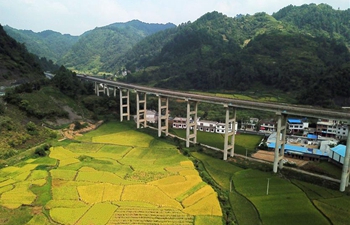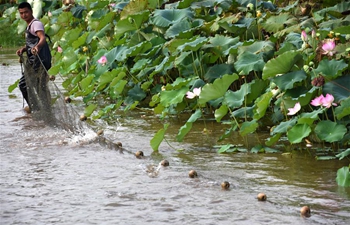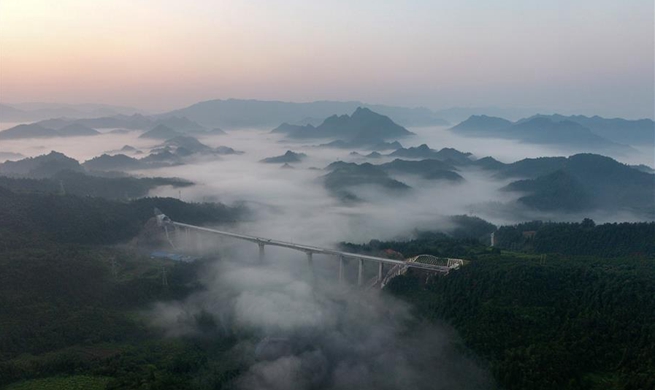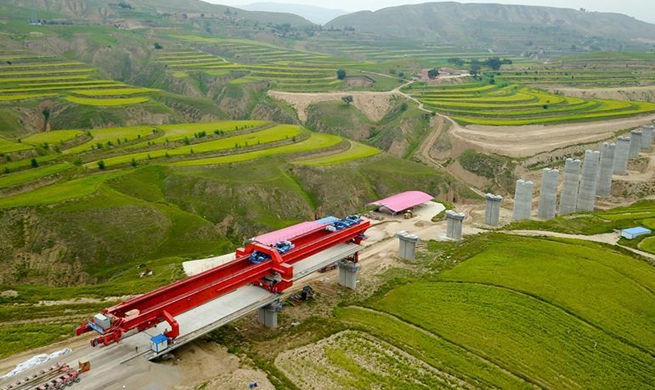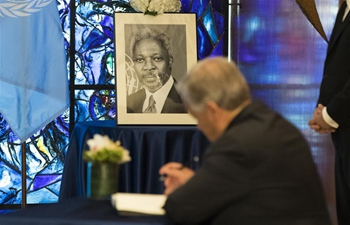VIENTIANE, Aug. 25 (Xinhua) -- The Lao government and the International Finance Corporation (IFC), a member of the World Bank Group, are conducting a basin-wide Cumulative Impact Assessment (CIA) of renewable energy development in southern Laos' Xekong River Basin.
According to local online newspaper Vientiane Times on Sunday, it is the first ever CIA being conducted according to the draft CIA Guidelines for Hydropower Projects in Laos and will result in recommendations for a variety of sustainable scenarios for the development of this important national resource.
"There are many demands on the Xekong River Basin. Not just from hydropower projects, but also from logging, mining and forestry activities," the Lao Ministry of Energy and Mines' Office Head, Daovong Phonekeo, said to the media last week.
"We need to understand the possible impact that all these activities together will have, in order to plan for the sustainable development of this critical national resource," Daovong said.
This cumulative impact assessment of the renewable energy sector in the Xekong River Basin, over 500 km southeast of Lao capital Vientiane, comes at a time when the implementation of good environmental and social standards is key, said the report.
It is one of the few remaining major Mekong tributaries with high biodiversity value and few hydropower projects in operation, and provides a unique opportunity to better understand and manage the risks of development to the environment and local communities, according to the report.
IFC Country Manager for Laos, Vietnam and Cambodia Kyle Kelhofer said, "IFC has been working with the Lao government to provide assistance on sustainability and advance environmental and social standards in the hydropower sector since 2012."
"This pilot of the draft CIA Guidelines is an important next step in finding the best balance between meeting the energy needs of the country as well as the region and protecting the environment and communities," Kelhofer said.
IFC, with the support of the Australian government, is working in partnership with Laos' Ministry of Energy and Mines to build capacity on how to carry out the best practice of CIAs and effectively implement the guidelines.
Over the next nine months, the Xekong River Basin CIA will undertake broad consultations with stakeholders and technical experts, and produce a final evidence-based report with recommendations on a variety of renewable energy development scenarios.
The Lao government has prioritized the expansion of power generating capacity over the coming years to reach an estimated potential of about 26,000 megawatts (MW) -- one of the region's highest.
As of 2018, over 50 hydropower projects and a number of other renewable energy projects were under development across the country.
